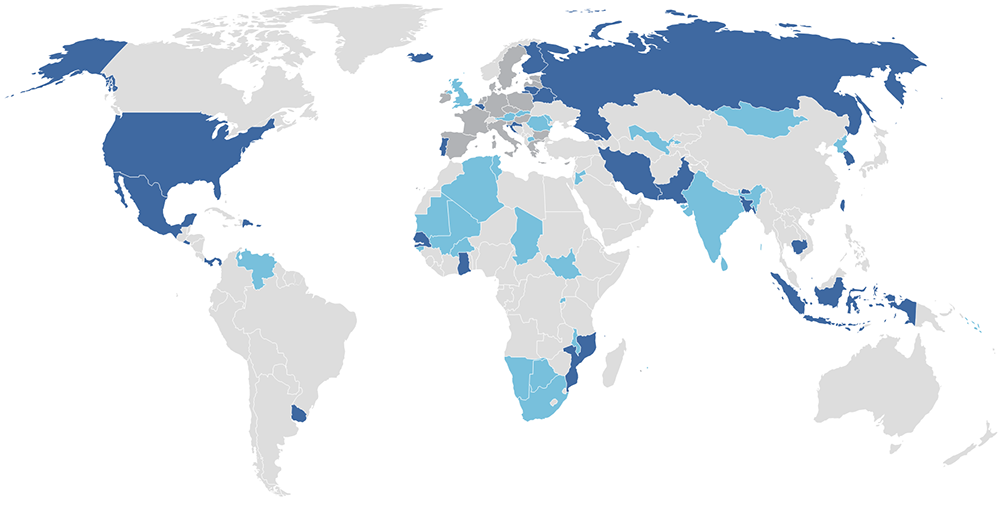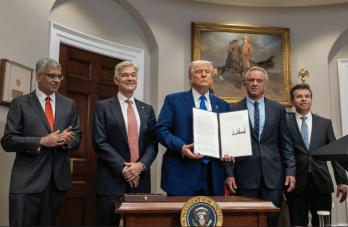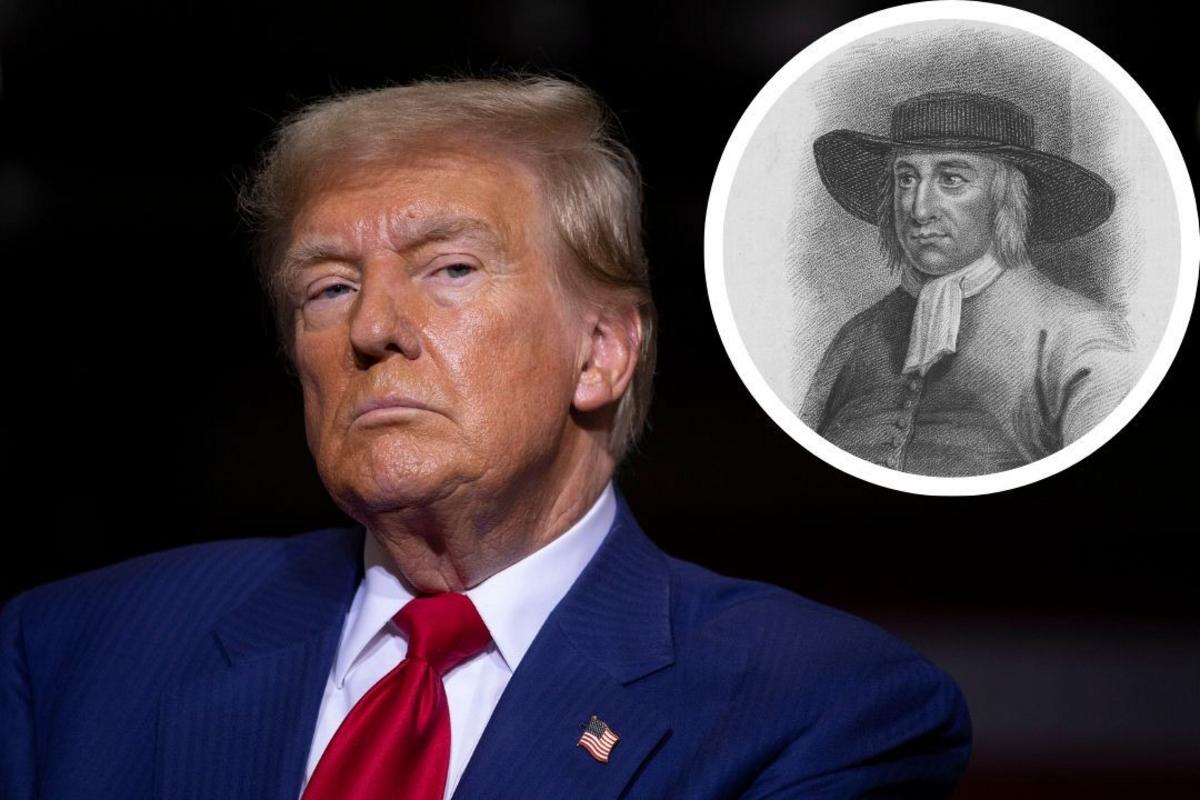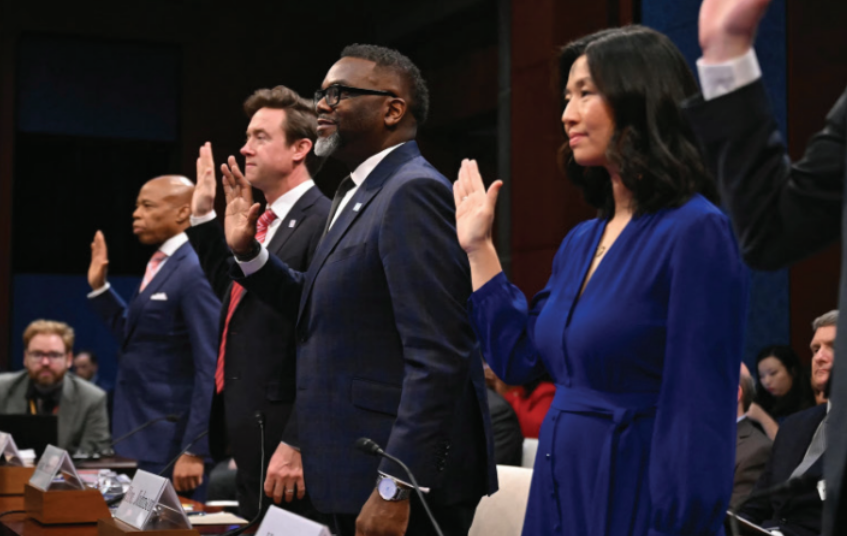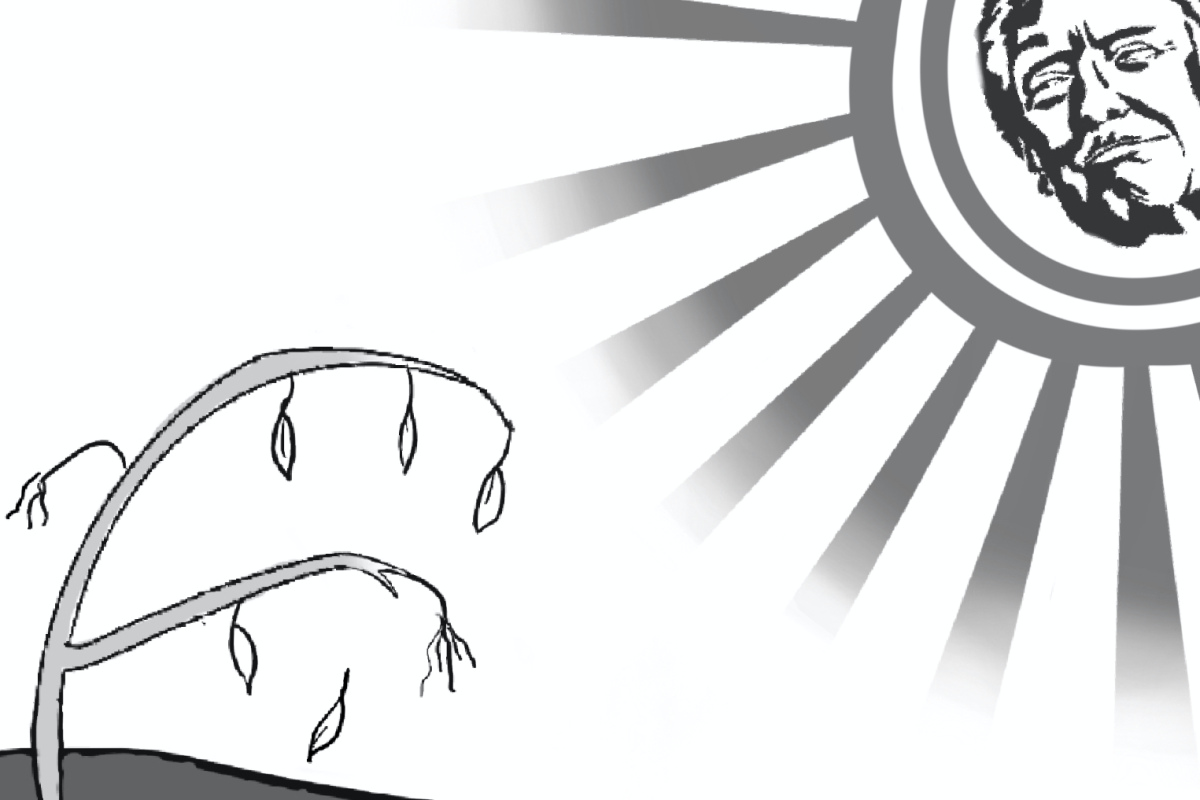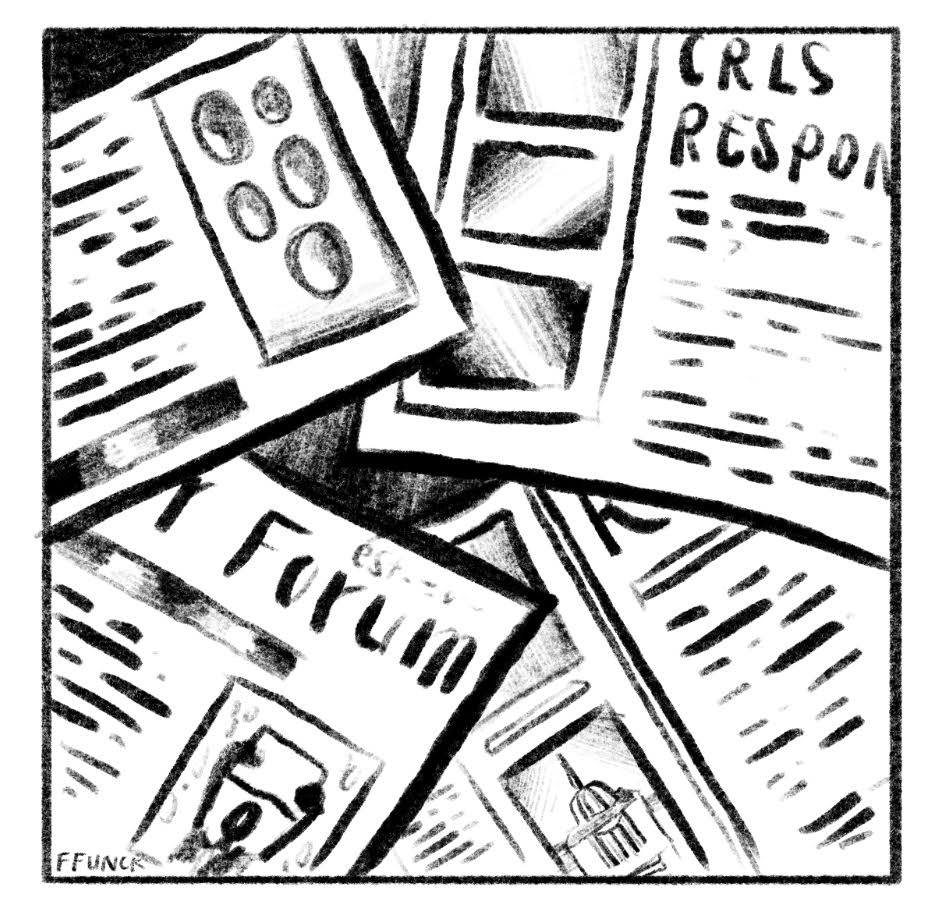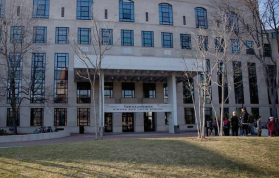On September 29th—as election night closed and the votes were counted, it was clear that Austria became the latest country to follow the far-right succession among the neighboring European countries. In another corner of the world, regional tensions in Asia continued to rise as elections took place in Taiwan, South Korea and soon, Japan.
This year, experts forecast massive far-right gains in European elections. To the surprise of many, the Center-right European People’s Party maintained its power in the EU parliament; making the president of the European Commision, Ursula von der Leyen, declare that, “The center is holding.” In France, centrist and leftist parties formed the New Popular Front, successfully blocking the widely anticipated right-wing National Rally’s rise to power. In the UK, the center-left Labour party secured a historic landslide as the right-wing Reform UK undercut votes from the Conservative party.
However, it is not as though the advancement of the right-wing in the West—including the US, has stopped. In fact, many have advanced in these elections; it’s just that the predicted landslide did not occur. Hence, many experts take the pessimistic view that the long term political shift to the right may continue.
Tina Burrett, a Professor at Sophia University criticized the lack of “imagination and courage” on the left. She claims that leftists are “just relying on not being the rightwing and hoping that is enough to win them votes.” In America too, left-leaning politicians seemingly have held similar viewpoints in recent elections. CRLS History teacher Mr. Benjamin Cohen noted, “If Harris loses it’s because many people think she is not authentic” referring to her alternating position on fracking and the broader right-wing shift of the Democratic party especially on the issue of immigration. Furthermore, CRLS history teacher Mr. Christopher Montero commented on the immigration issue that Republicans and Democrats think the solution to immigration is “harder policy” and “demonize (immigrants).”
In Taiwan’s Presidential election in January, Democratic Progressive Party’s Lai Ching-te, a known advocate for independence, won. Although he did not reach a majority; as the two other candidates who pledged to be closer with Beijing got combined votes of 60%. Taihong Shu ’28, who moved from Japan, said that countries should strive to “keep the status quo” and refrain from provoking a war with China.
In South Korea, the legislative election in April was the “trial” of the unpopular President Yoon Suk-Yeol, according to Professor Lee Young-Chae at Keisen University. “The stake was whether the opposition could secure the 200 seats needed to impeach the president.” In the end, the opposition Democratic party fell short by twenty-five seats.
As the American Presidential election is set on November 5th, East Asian countries are nervously waiting for the results. Prof. Lee points out that American national interest doesn’t always align with those of East Asian countries, stating, “For a country like South Korea, whose economy depends on China for more than 50%, tighter U.S.-South Korea relationship will provoke China, leading to increasing economic deficit, unemployment, and low growth of the economy.”
National elections in any country tend to focus on domestic point scoring by the competing parties, relying on exclusionist rhetoric of dehumanizing the “other.” The US is no different. It is just that its influence is greater than any other.

